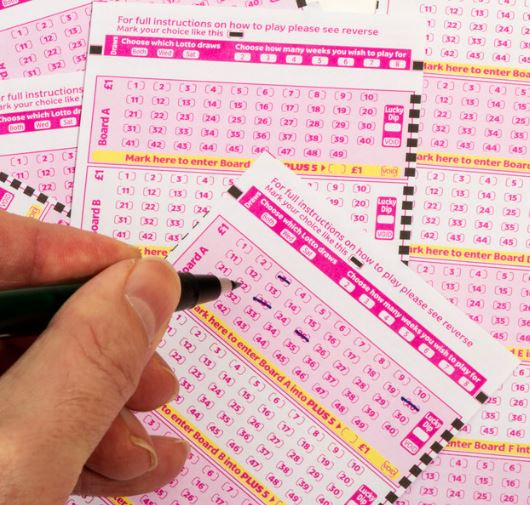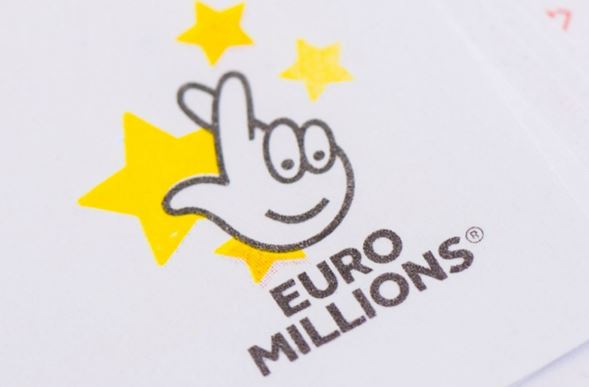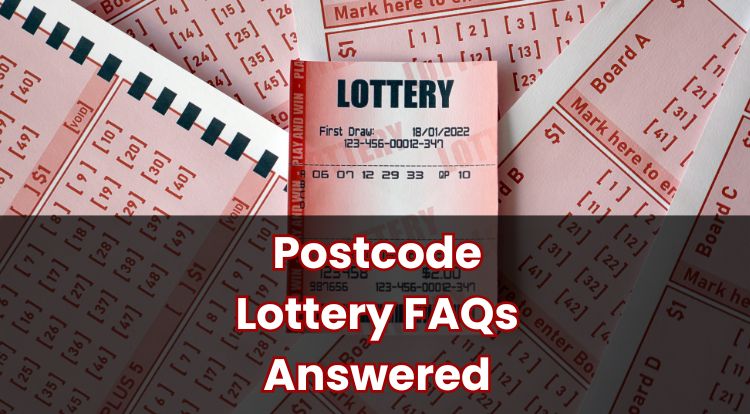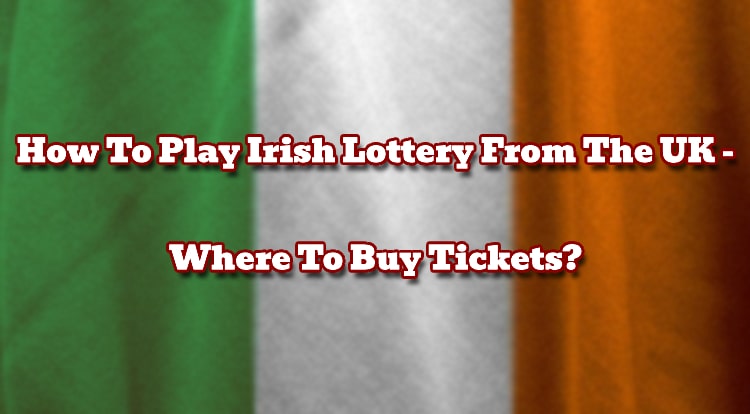Best Lottery to Play: Which Lottery Has the Best Odds in the UK?
Choosing a lottery game in the UK can be confusing when each one looks similar at first glance, but works in its own way.
The aim of this guide is to make sense of those differences — explaining how each lottery is structured, what the odds really mean, and how those odds affect the chances of winning a prize. By understanding how each game operates, you can make a more informed choice about which one best matches your interests, and budget.
What Makes a Lottery Easier to Win?

All lottery games are based on random draws, meaning every number combination has an equal probability of being selected. No skill or method can influence the outcome. What makes one lottery “easier” than another is how the game is designed — specifically, the size of the number pool and how many numbers must match to win.
For instance, the UK Lotto asks players to select six numbers from 59. This setup produces over 45 million possible combinations, giving jackpot odds of around 1 in 45,057,474.
The Thunderball, however, uses a smaller number range: five numbers from 39 and one “Thunderball” from 14. This gives shorter odds for its top £500,000 prize — approximately 1 in 8,060,598.
The fewer numbers drawn, the higher your probability of potentially matching them, but this usually means the top prize is smaller. Each lottery usually offers several prize tiers, so you might win smaller amounts for matching fewer numbers.
Which UK Lottery Has the Best Odds?
When discussing the “best odds”, it depends on what you want — the highest chance of any prize, or the best odds for the top prize. Each UK lottery has official published odds that are verified by their respective operators.
Here are the current top prize odds:
- Thunderball: Pick 5 from 39 plus 1 Thunderball from 14. Jackpot odds: 1 in 8,060,598.
- Lotto: Pick 6 from 59. Jackpot odds: 1 in 45,057,474.
- EuroMillions: Pick 5 from 50 plus 2 “Lucky Stars” from 12. Jackpot odds: 1 in 139,838,160.
- Set For Life: Pick 5 from 47 plus 1 “Life Ball” from 10. Top prize (£10,000 a month for 30 years): 1 in 15,339,390.
- Health Lottery: Pick 5 from 50. Top prize (£25,000): 1 in 2,118,760.
- People’s Postcode Lottery: Exact odds vary because prizes depend on the number of tickets entered, but the operator states the chance of any prize is better than 1 in 5.
If your focus is on the top potential prize, the Thunderball and the Health Lottery offer shorter odds than the Lotto or EuroMillions, though their jackpots are much smaller.
The Lotto and EuroMillions have longer odds, but larger potential rewards. It comes down to whether you value bigger jackpots or a higher probability of winning something. However, as lotteries are random games of chance, winnings can never be guaranteed.
How Do EuroMillions Odds Compare to UK Lotteries?
The EuroMillions is a transnational draw, covering several European countries including the UK. Because it combines players from across multiple nations, the prize fund can grow very large. However, this also means the odds of winning the jackpot are longer — around 1 in 139,838,160.
Comparatively, the UK Lotto has odds of 1 in 45,057,474, and Set For Life offers 1 in 15,339,390 for its top potential prize. The Thunderball gives much shorter odds of 1 in 8,060,598, but its maximum payout is capped at £500,000.
The key difference lies in how many numbers are drawn and from which pools. The EuroMillions requires seven numbers in total (five main and two “Lucky Stars”), while the Lotto uses six from 59. A larger number pool produces more possible combinations, which makes matching all numbers far less likely.
The EuroMillions jackpots are generally the largest available to UK players, starting at around €17 million and sometimes exceeding €200 million. Lotto jackpots usually begin at around £2 million on Wednesdays and around £3.8 million on Saturdays.
Play Slots & Online Casino Games
Are Scratchcards or Instant Win Games Better Odds?
Scratchcards and instant win games work differently from draw-based lotteries. With these, the outcome is determined instantly, rather than through a scheduled draw.
- Scratchcards are physical tickets you buy in shops or online, where you scratch off panels to reveal symbols or numbers.
- Instant win games are digital versions found on licensed websites, where results appear immediately after purchase.
For National Lottery scratchcards, the “odds of winning any prize” are printed on each card and typically range from 1 in 3 to 1 in 4.5, depending on the game and ticket price. However, this does not mean that if you buy 4 or 5 scratchcards you will win.
Online instant win games work similarly, but can vary in design. Some may have odds around 1 in 2.5 to 1 in 4.5 for winning any prize, though the amounts can be small. Because these outcomes are random, each play is independent — meaning previous results have no influence on future ones.
Before playing, it’s sensible to check:
- The cost per play.
- The number and value of prizes available.
- The game’s published odds, usually displayed on official National Lottery or operator pages.
Best Lottery to Play If You Want Bigger Jackpots

If your interest lies in larger possible jackpots, two draws stand out — the EuroMillions and the UK Lotto.
The EuroMillions offers the biggest potential payouts in Europe, with jackpots starting at around €17 million and rolling over until they reach the maximum cap. The trade-off is that the chance of winning the top prize is very low — about 1 in 139,838,160.
Lotto jackpots, though smaller, are still substantial and drawn twice a week. The starting jackpots are around £2 million midweek and around £3.8 million at the weekend, with odds of 1 in 45,057,474 for the top prize.
How to Stay Safe and Play the Lottery Responsibly
Lotteries are a form of gambling, and every outcome is random. You can’t influence or predict results, so it’s important to play with awareness and moderation.
- Set a spending limit that feels comfortable and stick to it.
- Only use licensed and regulated UK operators, such as those authorised by the Gambling Commission.
- Keep in mind that lottery draws and instant games are designed for entertainment, not as a way to make money.
- If you ever feel playing is no longer enjoyable, it’s wise to take a break and reassess.
By understanding how each game works and treating it as a form of entertainment, you can help keep the experience responsible, informed, and safe.
*All values (Bet Levels, Maximum Wins etc.) mentioned in relation to these games are subject to change at any time. Game features mentioned may not be available in some jurisdictions.
**The information provided in this blog is intended for educational purposes and should not be construed as betting advice or a guarantee of success. Always gamble responsibly.
































































